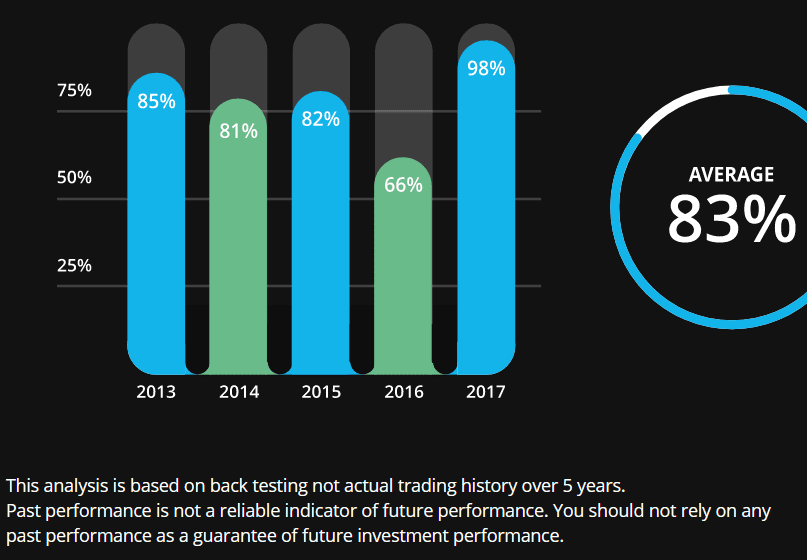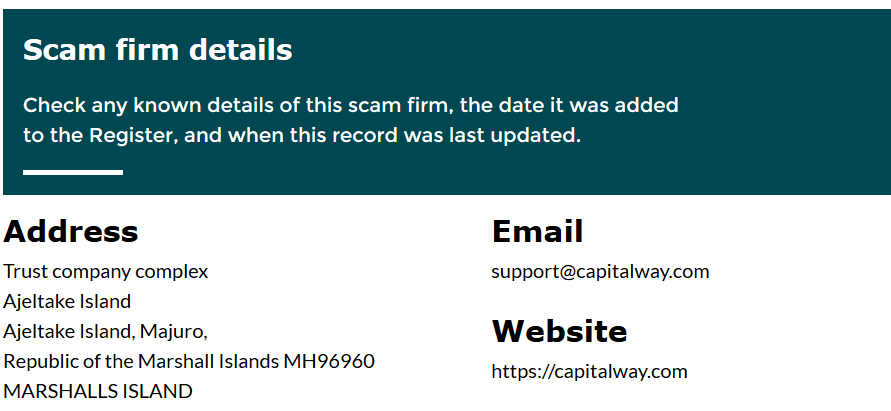Next Gen Solicitors offers an unregulated investment in litigation financing paying interest of 8% per year for an investment of 12 months.
Unregulated third-party introducers promoting Next Gen Solicitors claim that its investment is “pandemic and recession proof” and “investor capital is 100% covered under the ATE [After The Event] Insurance policy”.
Who are Next Gen Solicitors?

Next Gen Solicitors is wholly owned (via Simple Legal Solutions Limited) by director Karen Smith.
Next Gen’s last accounts (February 2019) show limited information and were unaudited, due to the use of small company exemptions. Those accounts show the company to be £93,000 in the red (negative net assets) and to have made a loss of £103,000 in the preceding year (based on the movement in “retained earnings”; the company did not file a profit and loss account).
How safe is the investment?
Next Gen Solicitors states that “Investor security is the Company’s priority”. Unregulated introducers claim “investor capital is 100% covered” by After The Event insurance policies (which pays out should Next Gen Solicitors fail to win their cases).
Nonetheless, like any unregulated investment paying 8% per year, this is an inherently high risk investment with an inheret risk of total loss.
It is not enough for Next Gen Solicitors to win their cases, or failing that claim “After The Event” insurance: to return investors’ money, Next Gen Solicitors have to generate sufficient returns to pay investors their 8% per year, after their own costs.
Secured lending is not risk-free as there is a risk that if the underlying borrower defaults, the security cannot be sold for enough to cover the loan.
Investors in asset-backed loans have been known to lose 100% of their money when it turned out that there were not enough assets left to pay investors after paying the insolvency administrator (who always stands first in the queue).
This is not in any sense to imply that the same will happen to investors in Next Gen Solicitors, only illustrating the risk that is inherent in any loan note even when it is a secured loan.
The After The Event insurer is only liable to pay Next Gen Solicitors their legal costs should their cases fail, not to compensate investors if for any reason Next Gen Solicitors runs out of money to meet its debts.
Should I invest in Next Gen Solicitors?
This blog does not give financial advice. The following are statements of publicly available facts or widely accepted investment principles, not a personalised recommendation. Investors should consult a regulated independent financial adviser if they are in any doubt.
As with any investment in an unlisted micro-cap company, this investment is only suitable for sophisticated and/or high net worth investors who have a substantial existing portfolio and are prepared to risk 100% loss of their money.
Any investment offering returns of 8% per year is inherently high risk. As an individual, illiquid security with a risk of total and permanent loss, Next Gen Solicitors’ 12 month loans are much higher risk than a mainstream diversified stockmarket fund.
Before investing investors should ask themselves:
- How would I feel if the investment defaulted and I lost 100% of my money?
- Do I have a sufficiently large portfolio that the loss of 100% of my investment would not damage me financially?
If you are looking for a “capital protected” investment, you should not invest in loans to unregulated companies with a risk of 100% loss.













